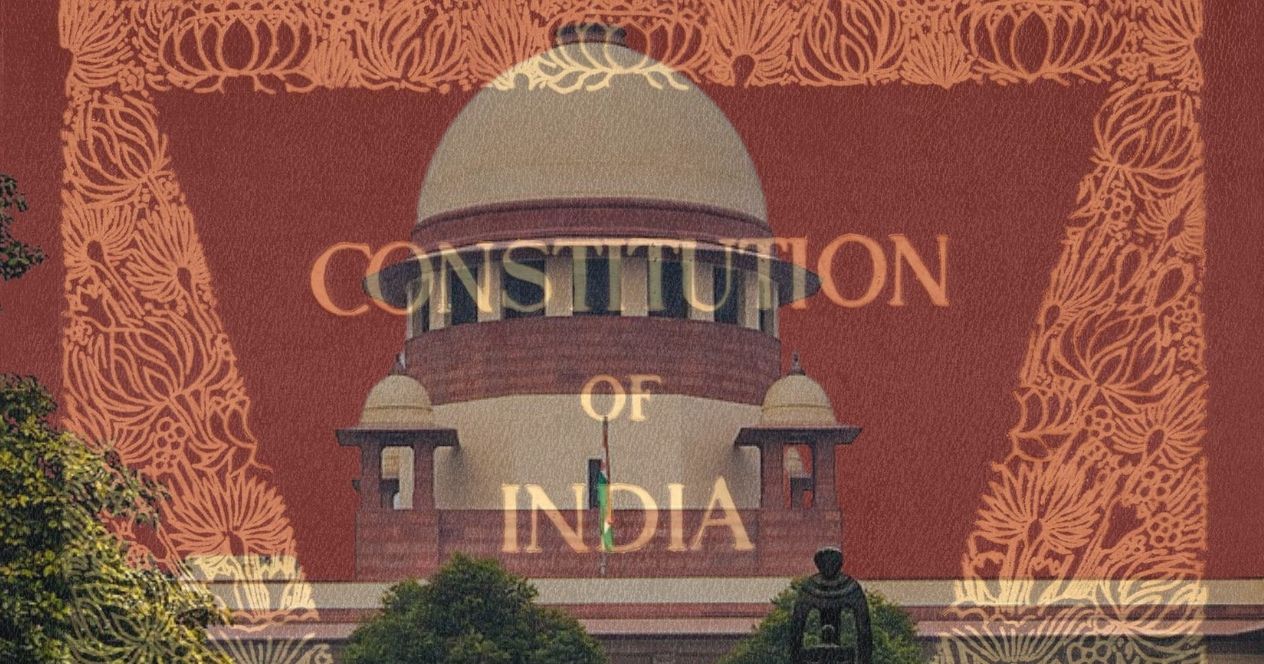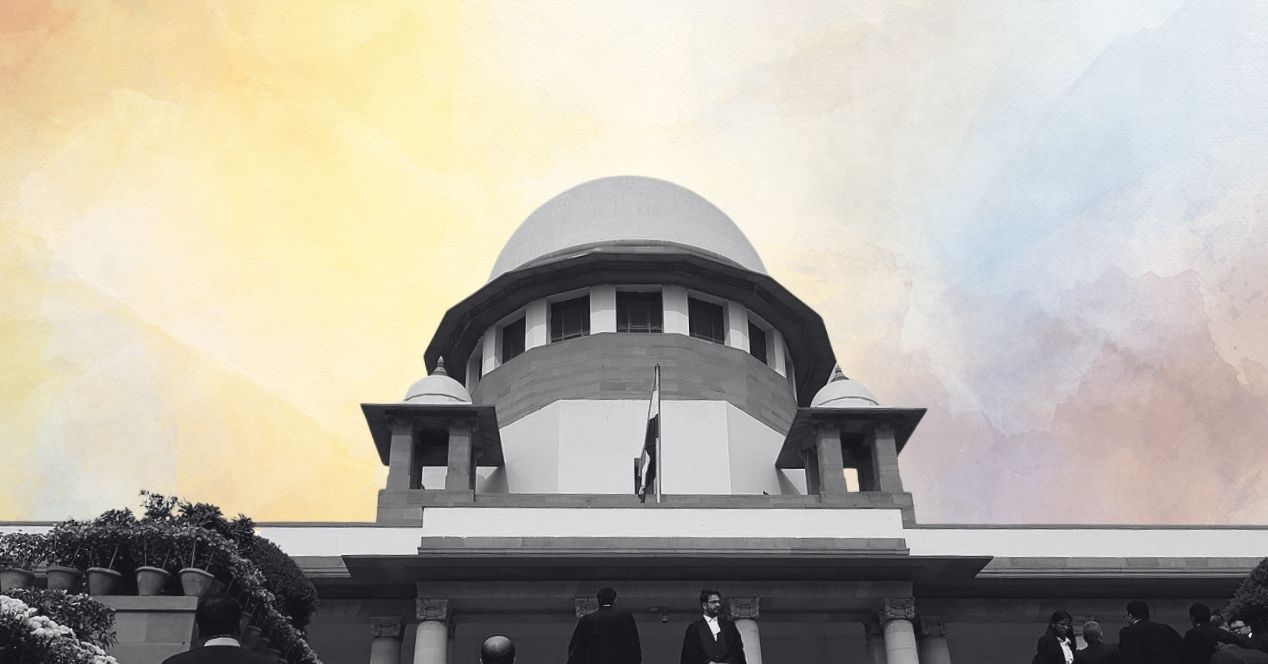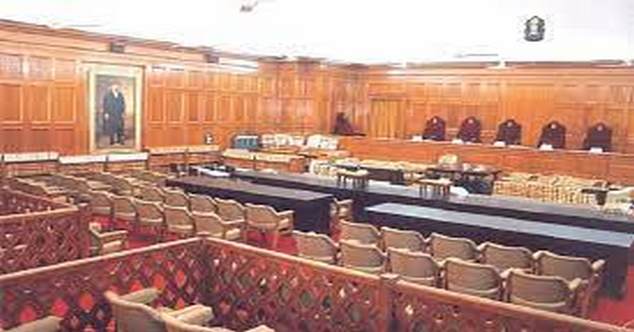Court Data
50 Constitution Bench Matters Remain Pending Before the SC (2021)
We discuss the changes in pendency before Constitution Benches of the Supreme Court in 2021.
69,555 cases remain pending before the Supreme Court at the end of another COVID-19 affected year in 2021. Of these, 422 are pending before Constitution Benches (CBs). In this post, we discuss the changes in pendency before CBs of the Supreme Court in 2021.
The Supreme Court of India hears cases involving substantial questions of constitutional interpretation in Benches comprising five or more judges. In most instances, multiple cases before CBs raise connected questions of law. The Court hears these cases together under one main matter. When one main matter is disposed of, CB pendency decreases by more than one case.
Hence, studying the number of pending main matters gives us a clearer picture of CB activities through the year. In 2021, even though the number of cases pending before CBs decreased by 4.7% in 2021, the number of pending main matters remained unchanged at 50.
CB matters are pending before benches composed of five, seven and nine judges. Figure 1 indicates that there were no changes in the number of pending matters before seven and nine-judge CBs. In 2021, no seven or nine-judge CBs conducted hearings in any pending matters. No new matters were referred to these benches either.
Figure 1 shows small fluctuations in the number of matters pending before five-judge CBs throughout the year. On January 1st, 2021, there were 38 pending five-judge Bench matters. This number decreased to 35 after the Aadhaar Review was dismissed on January 20th. More matters were gradually referred to five-judge CBs until the number of pending matters rose to 38 by June. The dismissal of the Maratha Review brought this number down to 37 between June and July. One new matter was referred to a five-judge CB in November, bringing the five-judge Bench pendency back to 38 at the end of the year.
Some have argued that Constitution Bench hearings affect the total pendency of the Court negatively, since they take up a significant amount of time from a large number of judges. As the Court continued to deal with the ill-effects of COVID-19 on its caseload, CBs were largely inactive in 2021. We will continue to track CB pendency, and the effect that the appointment of nine new judges will have on it, in 2022.
(With contributions from Joyston D’Souza)




